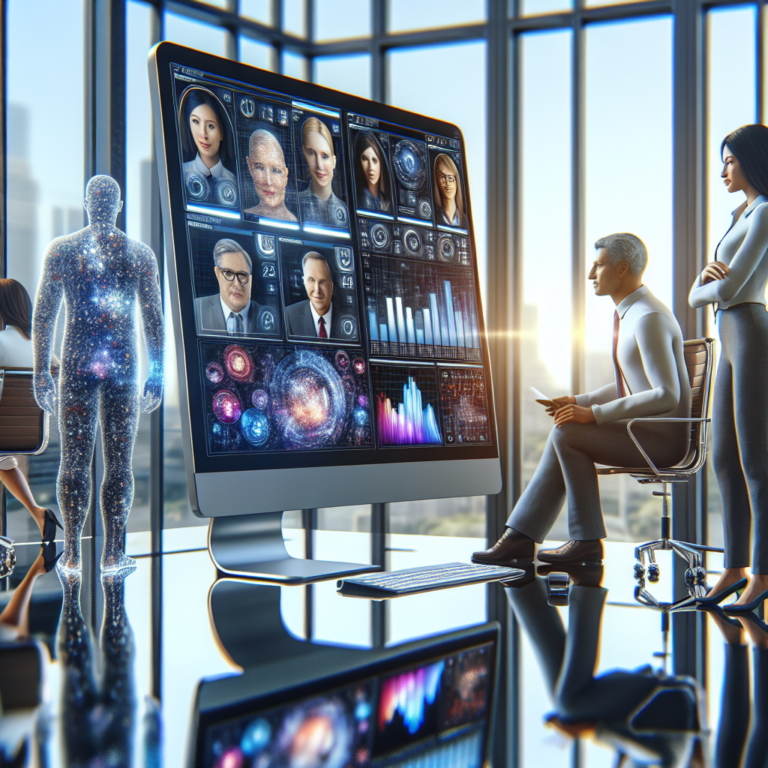Introduction
Personalized marketing is a strategy that uses data and technology to tailor marketing messages and campaigns to individual consumers. Machine learning, a subset of artificial intelligence, plays a crucial role in making personalized marketing effective and efficient. In this blog, we will explore the role of machine learning in personalized marketing and how it is revolutionizing the way brands engage with their customers.
What is Machine Learning?
Machine learning is a method of data analysis that automates analytical model building. It uses algorithms to learn from data and make predictions or decisions without being explicitly programmed to do so. In the context of personalized marketing, machine learning algorithms analyze customer data to identify patterns and trends, which can then be used to personalize marketing messages and offers.
How Machine Learning is Used in Personalized Marketing
Machine learning is used in personalized marketing in several ways:
Customer Segmentation
Machine learning algorithms can analyze customer data to segment customers based on their behavior, preferences, and demographics. This allows marketers to create targeted campaigns that are more likely to resonate with specific customer segments.
Predictive Analytics
Machine learning algorithms can also be used for predictive analytics, which involves using historical data to predict future outcomes. For example, a retailer can use machine learning to predict which customers are most likely to make a purchase, allowing them to target those customers with personalized offers.
Recommendation Engines
Recommendation engines are another application of machine learning in personalized marketing. These algorithms analyze customer behavior and preferences to recommend products or services that are likely to be of interest to individual customers. This can help increase customer engagement and drive sales.
Benefits of Machine Learning in Personalized Marketing
There are several benefits of using machine learning in personalized marketing:
Increased Engagement
Personalized marketing messages are more likely to resonate with customers, leading to increased engagement and conversion rates. Machine learning algorithms can help marketers deliver the right message to the right customer at the right time, increasing the likelihood of a positive response.
Improved Customer Satisfaction
By personalizing marketing messages and offers, brands can show customers that they understand their needs and preferences. This can lead to increased customer satisfaction and loyalty, as customers feel valued and appreciated by the brand.
Higher ROI
Personalized marketing campaigns are more targeted and effective, leading to a higher return on investment (ROI) for brands. By using machine learning to optimize marketing efforts, brands can achieve better results with less resources.
FAQs
What are some common machine learning algorithms used in personalized marketing?
Some common machine learning algorithms used in personalized marketing include collaborative filtering, k-nearest neighbors, and decision trees.
How can brands ensure data privacy and security when using machine learning for personalized marketing?
Brands can ensure data privacy and security by implementing robust data protection measures, such as encryption, access controls, and anonymization techniques. They should also comply with relevant data protection regulations, such as the General Data Protection Regulation (GDPR).
How can brands measure the effectiveness of personalized marketing campaigns?
Brands can measure the effectiveness of personalized marketing campaigns by tracking key performance indicators (KPIs) such as conversion rates, click-through rates, and customer engagement metrics. They can also use A/B testing to compare the performance of personalized campaigns against non-personalized campaigns.
